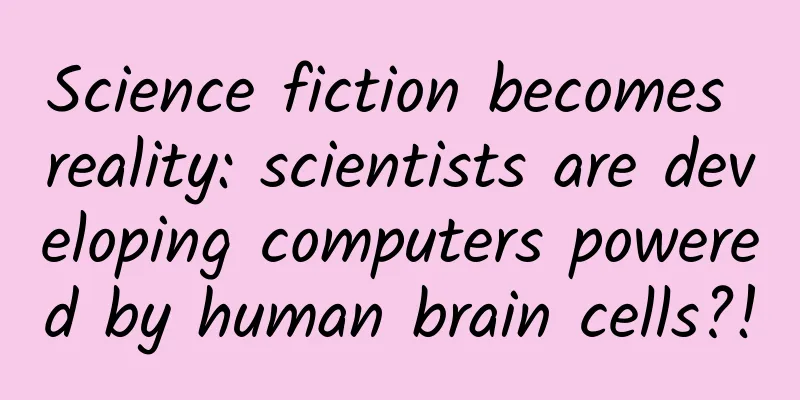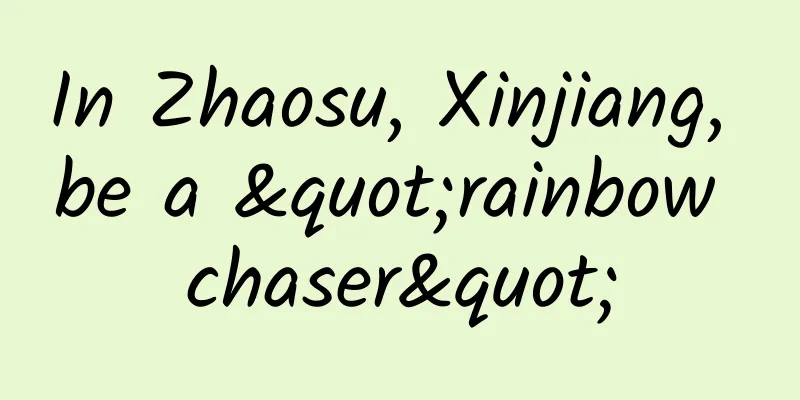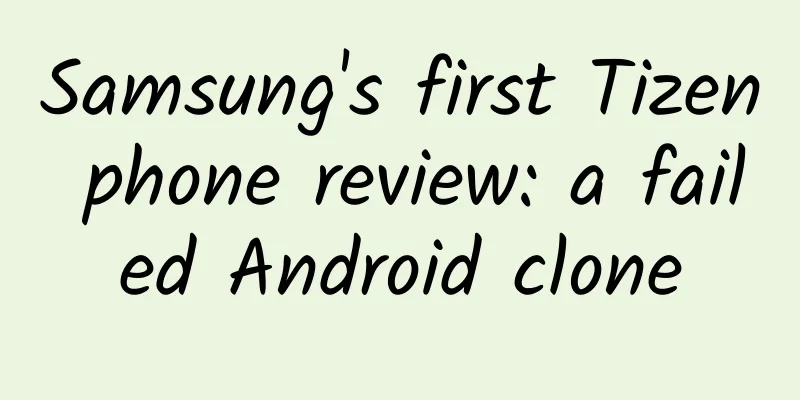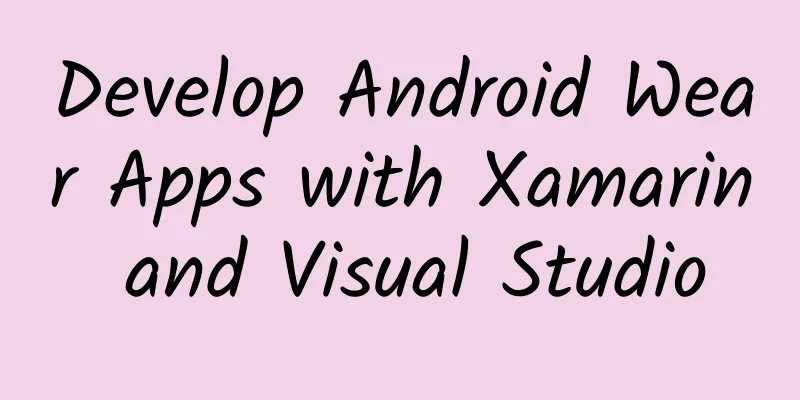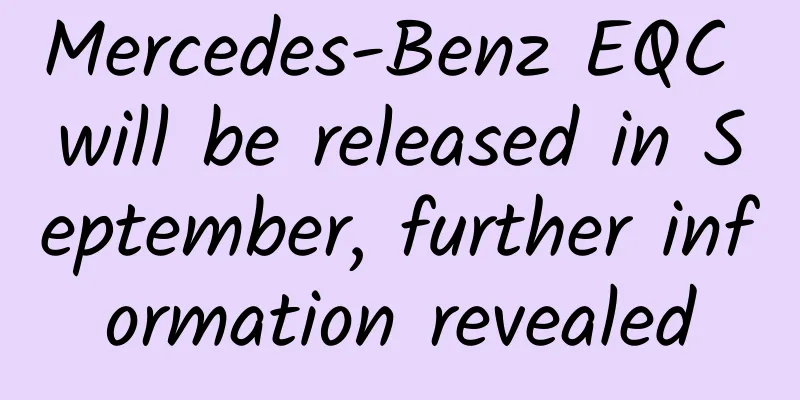iPhone vs Android: Different cloud services
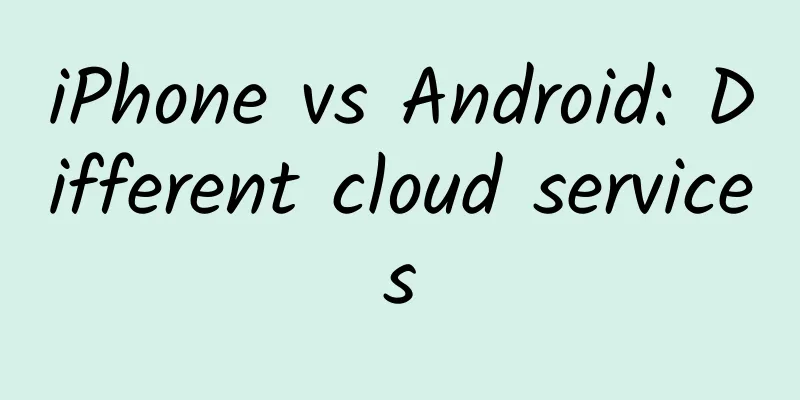
|
Recently, Dan Rowenski, a contributor to the American technology blog ReadWrite, published a signed article stating that Apple and Google are competitors, and the two companies have adopted completely different strategies in terms of cloud services. Cloud services mean different things to the two giants. For Apple, cloud services can help its device sales; for Google, artificial intelligence and other things are based on cloud services. The following is the main content of the article: Finally, I sold the old iPad 2 and bought a brand new iPad Air. I didn't want to, but it is part of my professional ethics to have the latest hardware products for each major platform. Although it is a bit redundant, I am still a little worried that the iOS 8 beta will not run on the iPad 2. I originally wanted to buy a 16GB model, but during the purchase, the employee of the Apple retail store recommended that I buy a 32GB iPad Air, "Most people find that 16GB is not enough." He said. This surprised me. For the past three years, I have been using a 16GB iPad 2, and there has never been a problem of insufficient memory. All my music is in the cloud (via Spotify), and my movies and books are in the cloud via Netflix, HBO Go, or Amazon. I don't take a lot of pictures with my iPad, most of them are screenshots. I have a lot of apps installed, but most of them don't take up a lot of space. In short, I don't need to buy a 32GB iPad. My stuff comes from the cloud, not on my device. Some people call it ambient intelligence, I call it convenience. I was attracted by the new OS X and iOS 8 operating systems that Apple announced at WWDC last week, and the significant improvements made to the cloud services. In the end, I think Apple is clear that computing is in the cloud, not on the device itself. But if you look at the products Apple announced this time and study how it works, the cloud services are not the main features of iOS or Mac OS X. For Apple, the cloud services are a means to an end, and that end is to get you to use and buy new Macs, iPhones, iPads, etc. I can't fully explain why, but there was something slightly wrong with Apple's cloud computing related services at this WWDC conference, and it's hard to put my finger on it. I've been trying to figure out why by looking at what other people are saying about Apple's new iCloud service. No one was getting at the point until I saw what Benedict Evans, an analyst at venture capital firm Andreessen Horowitz, had to say about it. "This is clearly a competition with Google," Evans said. "Google is taking a very different approach than Apple. For Google, the device is dumb glass and the intelligence is in the cloud. But for Apple, the cloud is just sub-storage and the device is where the intelligence is." iPhone vs. Android: The Real Key Difference When I write about the potential of mobile computing or try to explain it to a friend, I usually break it down into some basic but powerful facts. - Smartphones are powerful computers in people's pockets, more powerful than laptops were a few years ago. - Smartphones are windows into a world of information that can help people perform tasks in their daily lives. - These ubiquitous computers, in our pockets, are connected to the world's information, and every aspect of human activity (all business, communication, etc.) will be affected by them. These are the basic facts that define mobile computing. Beyond that, it comes down to personal needs and objective brand preferences. Some people like Android, some like iOS, some like Windows Phone, and so on. But if you look at it from the perspective of Google Android versus Apple iPhone, there is obviously something deeper. For the uninitiated, this view is strange but evidence of its importance. Android is a platform, while iPhone is a product. Yes, there are some noteworthy battles in the Android camp, such as Samsung, but this is not a war between device manufacturers. We are talking about a "competition" around operating systems, not limited to any specific device or iconic product. This competition shows some very different views on computers and how they can best serve users. First up is Apple, a computer manufacturer with unrivaled products, and everything Apple develops to serve its products. The Internet? Of course, the Internet helps Apple sell computer products. The cloud? It helps Apple sell computer products. Cameras? Phones? Text messages? Apps? Developers? All of these help Apple sell computer products. So it's in Apple's best interest to make these computers as attractive and efficient as possible, not just "dumb glass." Google, by contrast, isn't interested in selling computers, at least not anymore. Google is deeply interested in computer technology because it and the people who use those computers create what matters to Google above all else: information. With Android, Google's goal for the platform is to make sure every person on the planet has a computer that can connect to the Internet. More computers means more people computing, which means more people creating information. Then Google can make that dumb glass a window into a world of information and sell ads. "I've said this before," Evans said. "Apple's innovation is about software and hardware integration, which is hard for Google to replicate. Google's innovation is about cloud-based AI and machine learning services, which is hard for Apple to do. This is not a 'scare the hell out of everyone' approach. It reflects the fundamental nature of the two companies. Google wants to improve the user experience by reducing page load time, while Apple wants to improve the user experience by simplifying page scrolling." After thinking about it for a while, I found that what I find most confusing about the cloud services in iOS 8 and Mac OS X Yosemite is that everything Apple does is to keep me buying Apple computers and using Apple platforms. For Apple, the cloud is not a perfect product that can provide you with ambient intelligence at any time. It is just a dumb storage, a structure that provides continuity between devices. If ambient intelligence is a byproduct of cloud services, then if it helps Apple sell more computers, then that's good. Google, obsessed with information, is also serving its own purpose. But the concept of "cloud-based AI and machine learning services" is more effective in promoting the computer technology revolution than just developing better and better iPhones. Ubiquitous intelligence powered by the cloud also means that I don’t need to buy an expensive and unnecessary 32GB iPad Air for Apple’s profit margins. I want a 16GB piece of standard matte glass and metal that happens to run Apple’s operating system and serve as a window to the world’s information. As a winner of Toutiao's Qingyun Plan and Baijiahao's Bai+ Plan, the 2019 Baidu Digital Author of the Year, the Baijiahao's Most Popular Author in the Technology Field, the 2019 Sogou Technology and Culture Author, and the 2021 Baijiahao Quarterly Influential Creator, he has won many awards, including the 2013 Sohu Best Industry Media Person, the 2015 China New Media Entrepreneurship Competition Beijing Third Place, the 2015 Guangmang Experience Award, the 2015 China New Media Entrepreneurship Competition Finals Third Place, and the 2018 Baidu Dynamic Annual Powerful Celebrity. |
<<: China Life Sciences and Healthcare Industry Survey Results: Current Status and Outlook in 2023
Recommend
High school mathematics compulsory courses 1, 2, 3, 4, and 5 complete video set, high school mathematics elective complete video set
High School Course Training Course Video Lecture ...
Scarabaeidae: When you’re hungry, eat a “house”!
In the forest, on a green leaf, an insect is busy...
Practical strategies and methods for Tik Tok content operation and promotion!
The "2018 Douyin Big Data Report" relea...
List of "Science" Rumors in March 2023: Can you take oseltamivir on your own after being infected with influenza A? Are wild vegetables green foods?
The list of "scientific" rumors for Mar...
After eating it for decades, I found out that bananas actually have radiation! Netizen: Is there any hope if I eat them frequently?
Bananas are sweet, soft and smooth, and are loved...
How to market effectively in the second half of 2019?
Entering 2019, marketing seems to be facing its b...
Kuaishou’s tips on how to create hits!
As a social method for the younger generation, &q...
Priced at 298 yuan! Wasu Rainbow Box equipped with Ali TV system is now on sale
[September 9 news] Today, the first Wasu Rainbow B...
When did Chinese people start eating melon seeds? Emperors of the Ming Dynasty loved them...
If you can't go out to play, you can spend th...
Douyin's seven traffic-generating products and core strategies
In recent years, the traffic of Douyin has grown ...
Faced with Tesla, which has completed the integration of the entire industry chain, Chinese new energy vehicle companies collectively shuddered
February 5th, the first day of the Chinese New Ye...
"Fake gold" is not afraid of fire! A gold bracelet worth nearly 30,000 yuan actually contains only 10 grams of gold. Beware of new counterfeiting methods!
In recent times, international gold prices have r...
Tesla announced its production capacity in the first half of the year, 164,000 vehicles, which is equivalent to the third quarter of last year
Recently, foreign media reported that Tesla, the ...
Yiche Ranking: Top 20 first-registered private car brands in Hong Kong, China, in November 2024
Yiche.com released the top 20 list of first-time ...
